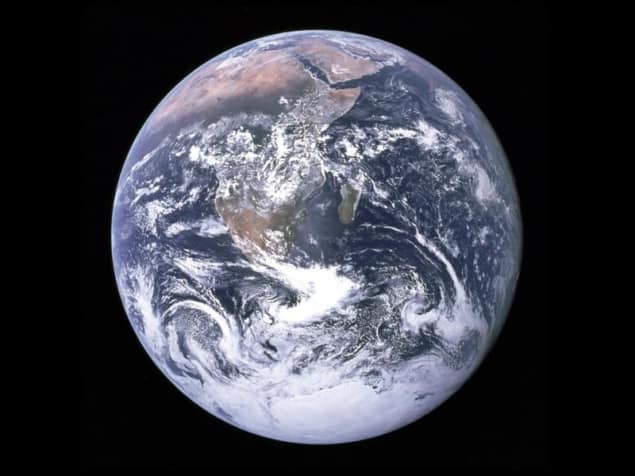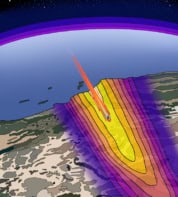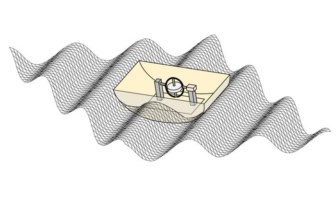
A survey of 1372 climate scientists has concluded that the overwhelming majority support the basic idea that humans are significantly affecting the Earth’s climate. The study also claims that the scientists, who are sceptical of anthropogenic climate change (ACC), tend to hold less “credible” publication records.
The survey, led by William Anderegg at Stanford University, included only researchers who have at some point written scientific assessments or signed public documents in relation to ACC. Participants were asked whether they were either convinced or unconvinced by the basic tenets of ACC as outlined by the Intergovernmental Panel on Climate Change.
Anderegg’s team finds that 97% of the respondents are convinced by the idea. What is more, the surveyors rank all the participants by the number of climate science publications, and find that only one of the top 50 scientists, and three of the top one hundred, remain unconvinced by the arguments of ACC.
Despite the clear-cut results, the survey has already received criticism with regard to its methods.
Lorraine Whitmarsh, a social science researcher at Cardiff University, welcomes the study as the first attempt to rate the “credibility” of climate scientists with different views about climate change. She is a bit concerned, however, about the selection process for the survey’s participants.
“The [survey] deliberately selects scientists who have signed high-profile public documents about their views, and so exclude those researchers ‘behind the scenes’, perhaps with less extreme views one way or the other,” she says.
Indeed, Whitmarsh points out that the survey excludes the 26% of researchers who are neither convinced nor unconvinced by the ACC arguments.
Andrew Russell, a climate researcher at the University of Manchester, says that the findings are “interesting”, but is not sure how they will help in the communication of climate science. “The science can and should win the argument on its own, he says.
Russell believes that the media is often to blame when it comes to over-emphasising the scale of scepticism towards ACC within the climate science community. “There are valid and truly sceptical questions that need asking of climate science but they don’t fit the narrative that parts of the media have constructed so they don’t get aired,” he says.
The research is published in Proceedings of the National Academy of Sciences.



